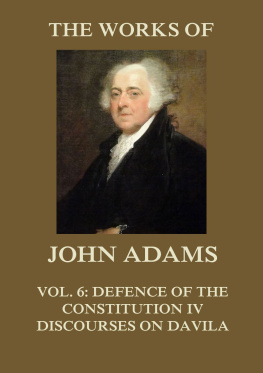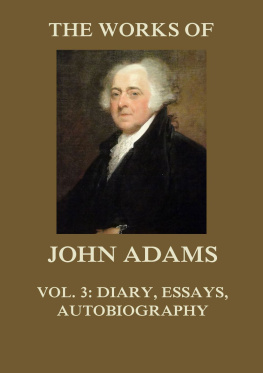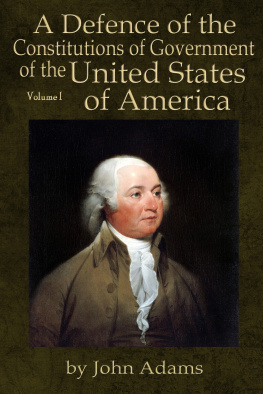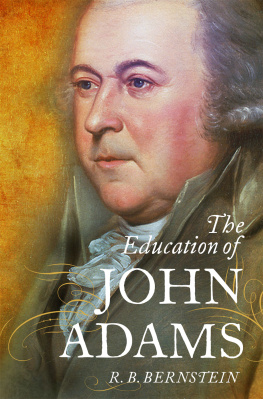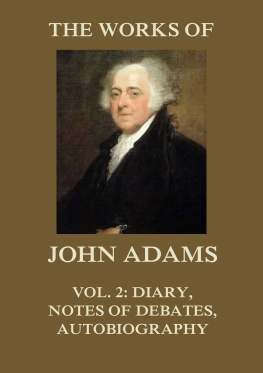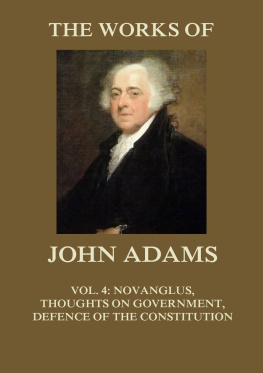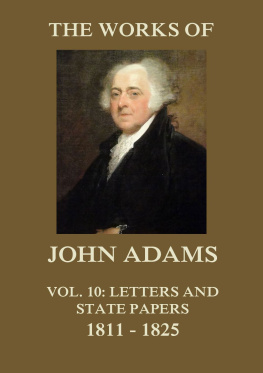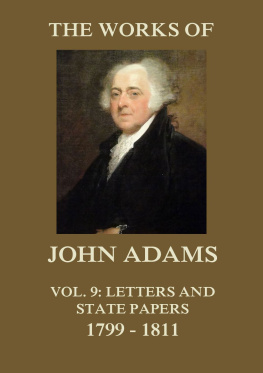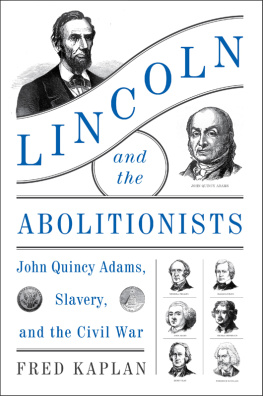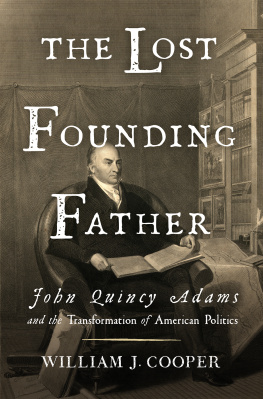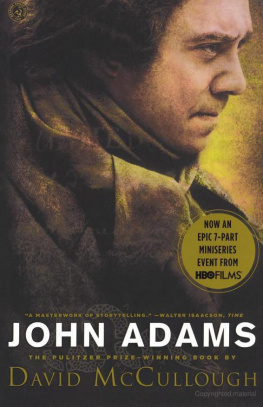CHAPTER FIRST.: MARCHAMONT NEDHAM.
THE RIGHT CONSTITUTION OF
A COMMONWEALTH EXAMINED.
The English nation, for their improvements in the theory of government, has, at least, more merit with the human race than any other among the moderns. The late most beautiful and liberal speculations of many writers, in various parts of Europe, are manifestly derived from English sources. Americans, too, ought for ever to acknowledge their obligations to English writers, or rather have as good a right to indulge a pride in the recollection of them as the inhabitants of the three kingdoms. The original plantation of our country was occasioned, her continual growth has been promoted, and her present liberties have been established by these generous theories.
There have been three periods in the history of England, in which the principles of government have been anxiously studied, and very valuable productions published, which, at this day, if they are not wholly forgotten in their native country, are perhaps more frequently read abroad than at home.
The first of these periods was that of the Reformation, as early as the writings of Machiavel himself, who is called the great restorer of the true politics. The Shorte Treatise of Politicke Power, and of the True Obedience which Subjects owe to Kyngs and other Civile Governors, with an Exhortation to all True Natural Englishemen, compyled by John Poynet, D. D., was printed in 1556, and contains all the essential principles of liberty, which were afterwards dilated on by Sidney and Locke. This writer is clearly for a mixed government, in three equiponderant branches, as appears by these words:
In some countreyes they were content to be governed and have the laws executed by one king or judge; in some places by many of the best sorte; in some places by the people of the lowest sorte; and in some places also by the king, nobilitie, and the people all together. And these diverse kyndes of states, or policies, had their distincte names; as where one ruled, a monarchie; where many of the best, aristocratie; and where the multitude, democratie; and where all together, that is a king, the nobilitie, and commons, a mixte state; and which men by long continuance have judged to be the best sort of all. For where that mixte state was exercised, there did the commonwealthe longest continue.
The second period was the Interregnum, and indeed the whole interval between 1640 and 1660. In the course of those twenty years, not only Ponnet and others were reprinted, but Harrington, Milton, the Vindici contra Tyrannos, and a multitude of others, came upon the stage.
The third period was the Revolution in 1688, which produced Sidney, Locke, Hoadley, Trenchard, Gordon, Plato Redivivus, who is also clear for three equipollent branches in the mixture, and others without number. The discourses of Sidney were indeed written before, but the same causes produced his writings and the Revolution.
Americans should make collections of all these speculations, to be preserved as the most precious relics of antiquity, both for curiosity and use. There is one indispensable rule to be observed in the perusal of all of them; and that is, to consider the period in which they were written, the circumstances of the times, and the personal character as well as the political situation of the writer. Such a precaution as this deserves particular attention in examining a work, printed first in the Mercurius Politicus, a periodical paper published in defence of the commonwealth, and reprinted in 1656, by Marchamont Nedham, under the title of The Excellency of a Free State, or the Right Constitution of a Commonwealth. Endnote 002 The nation had not only a numerous nobility and clergy at that time disgusted, and a vast body of the other gentlemen, as well as of the common people, desirous of the restoration of the exiled royal family, but many writers explicitly espoused the cause of simple monarchy and absolute power. Among whom was Hobbes, a man, however unhappy in his temper, or detestable for his principles, equal in genius and learning to any of his contemporaries. Others were employed in ridiculing the doctrine, that laws, and not men, should govern. It was contended, that to say that laws do or can govern, is to amuse ourselves with a form of speech, as when we say time, or age, or death, does such a thing. That the government is not in the law, but in the person whose will gives a being to that law. That the perfection of monarchy consists in governing by a nobility, weighty enough to keep the people under, yet not tall enough, in any particular person, to measure with the prince; and by a moderate army, kept up under the notion of guards and garrisons, which may be sufficient to strangle all seditions in the cradle; by councils, not such as are cordinate with the prince, but purely of advice and despatch, with power only to persuade, not limit, the princes will. Endnote 003 In such a situation, writers on the side of liberty thought themselves obliged to consider what was then practicable, not abstractedly what was the best. They felt the necessity of leaving the monarchical and aristocratical orders out of their schemes of government, because all the friends of those orders were their enemies, and of addressing themselves wholly to the democratical party, because they alone were their friends; at least there appears no other hypothesis on which to account for the crude conceptions of Milton and Nedham. The latter, in his preface, discovers his apprehensions and feelings, too clearly to be mistaken, in these words:I believe none will be offended with this following discourse, but those that are enemies to public welfare. Let such be offended still; it is not for their sake that I publish this ensuing treatise, but for your sakes that have been noble patriots, fellow soldiers; and sufferers for the liberties and freedoms of your country. As M. Turgots idea of a commonwealth, in which all authority is to be collected into one centre, and that centre the nation, is supposed to be precisely the project of Marchamont Nedham, and probably derived from his book, and as The Excellency of a Free State is a valuable morsel of antiquity well known in America, where it has many partisans, it may be worth while to examine it, especially as it contains every semblance of argument which can possibly be urged in favor of the system, as it is not only the popular idea of a republic both in France and England, but is generally intended by the words republic, commonwealth, and popular state, when used by English writers, even those of the most sense, taste, and learning.
Marchamont Nedham lays it down as a fundamental principle and an undeniable rule, that the people, (that is, such as shall be successively chosen to represent the people,) are the best keepers of their own liberties, and that for many reasons. First, because they never think of usurping over other mens rights, but mind which way to preserve their own.

